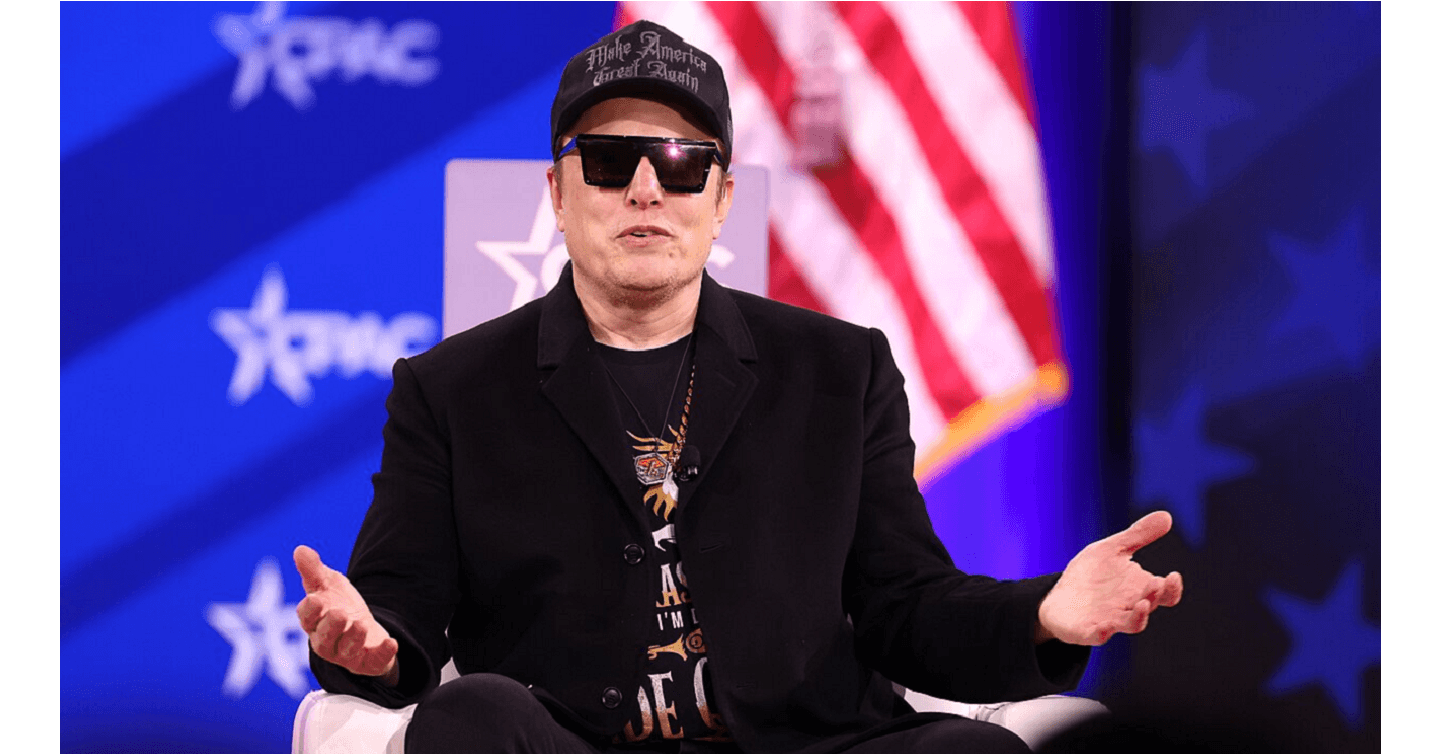Elon Musk’s America Party Would be a Disaster for the GOP in 2026 Midterms
After resigning from leading the Department of Government Efficiency (DOGE) in June 2025, Musk announced the America Party on X, vowing to challenge the “Republican-Democrat Uniparty” and prioritize reducing federal spending.

Elon Musk’s announcement of a new “America Party” has sparked alarm among Senate Republicans, who fear the tech billionaire’s third-party push could fracture their voter base and jeopardize their narrow majority in the 2026 midterm elections. Musk, once a key ally of President Donald Trump, has broken ranks over Trump’s “One Big Beautiful Bill Act,” a $3.3 trillion tax and spending measure signed into law on July 4, 2025, which Musk called a “disgusting abomination” for ballooning the national debt. His proposed party, focused on fiscal restraint and tech-centric policies, aims to field candidates in 8 to 10 House races and 2 to 3 Senate contests, potentially acting as a spoiler that hands seats to Democrats.
Musk’s feud with Trump, ignited by his opposition to the debt-heavy bill, marks a sharp reversal from his role as the largest donor in the 2024 election cycle, contributing over $290 million to Republican causes, including Trump’s campaign. After resigning from leading the Department of Government Efficiency (DOGE) in June 2025, Musk announced the America Party on X, vowing to challenge the “Republican-Democrat Uniparty” and prioritize reducing federal spending. He has not yet filed with the Federal Election Commission, and the party lacks a formal platform beyond debt reduction, but Musk’s vast wealth—bolstered by Tesla and SpaceX—gives him the resources to fund campaigns that could disrupt tight races.
Polls suggest Musk’s America Party could pull votes primarily from Republicans. A June 2025 Quantus Insights survey found 57% of Republican respondents, especially men, were likely to support America Party candidates, compared to just 3% of Democrats. A Quinnipiac University poll showed Musk’s favorability at 62% among Republicans but only 1% among Democrats, indicating his appeal is heavily skewed toward GOP voters. In battleground states like Wisconsin, Marquette University polls confirmed Musk’s strength among higher-income Republican men, a key demographic that shifted toward Trump in 2024. This dynamic has GOP senators like Ron Johnson of Wisconsin warning that Musk’s party could split the conservative vote, noting, “We actually have some people concerned about the deficit. Democrats don’t.”
Historical precedent underscores the risk. Third parties rarely win seats but can sway outcomes by siphoning votes. In Montana’s 2012 and 2018 Senate races, Libertarian candidates drew enough votes to help Democrat Jon Tester secure victories. Ross Perot’s 1992 Reform Party campaign, which garnered 19% of the popular vote, didn’t win electoral votes but influenced the national debt debate, a goal Musk echoes. However, political scientists like Bernard Tamas of Valdosta State University argue third parties face steep hurdles, including complex ballot access laws and the entrenched infrastructure of the two major parties. Musk’s unpopularity—59% unfavorable among independents in a June 2025 Reuters/Ipsos poll—further complicates his prospects.
Senate Majority Leader John Thune and Senator Jerry Moran expressed concern that Musk’s financial clout, which dwarfs past third-party efforts, could amplify his impact. Moran noted that money can elevate lesser-known candidates, a tactic Musk employed unsuccessfully in a 2025 Wisconsin Supreme Court race. Trump dismissed the America Party as “ridiculous,” warning it could sow “chaos” and even threatening to review government contracts with Musk’s companies. Yet, some Republicans, like Florida Governor Ron DeSantis, see potential in Musk pushing for a balanced budget amendment, though he cautioned it could inadvertently help Democrats.
Democrats are optimistic about the potential fallout. Michigan Democratic Party Chair Curtis Hertel and Iowa candidate Christina Bohannan, who lost by just 799 votes in 2024, view Musk’s party as a chance to flip competitive seats by splitting GOP votes. A CNN poll showed 63% of Americans support a third-party option, but 74% oppose Musk leading it, suggesting his personal brand may limit broader appeal. With the GOP defending a slim Senate majority and facing historical midterm losses for the party in power, Musk’s America Party could tip the balance in 2026, potentially reshaping Congress in ways Republicans fear most.
Like this article